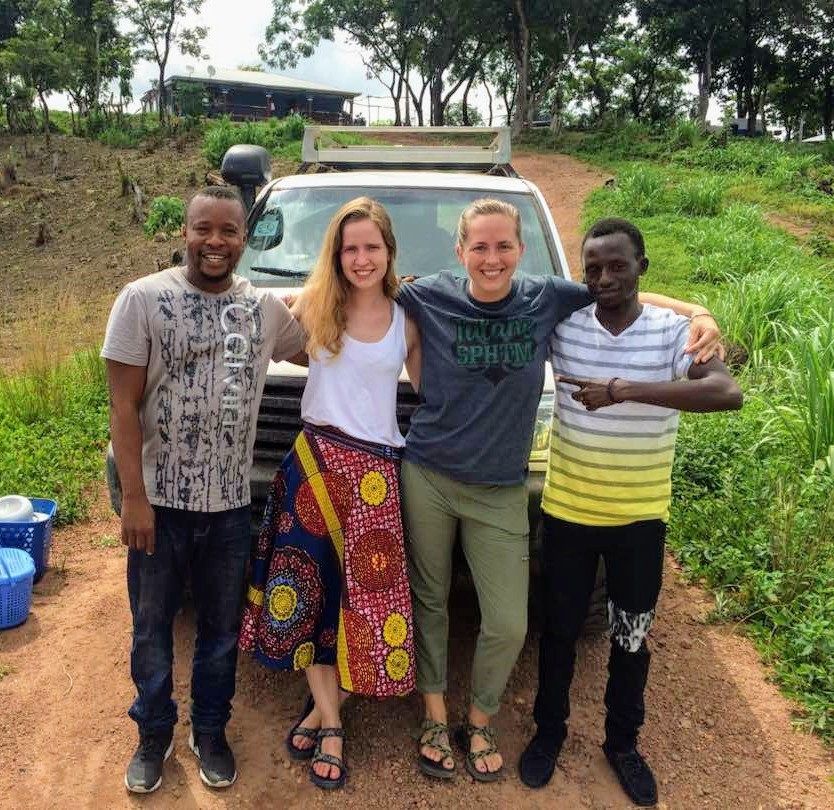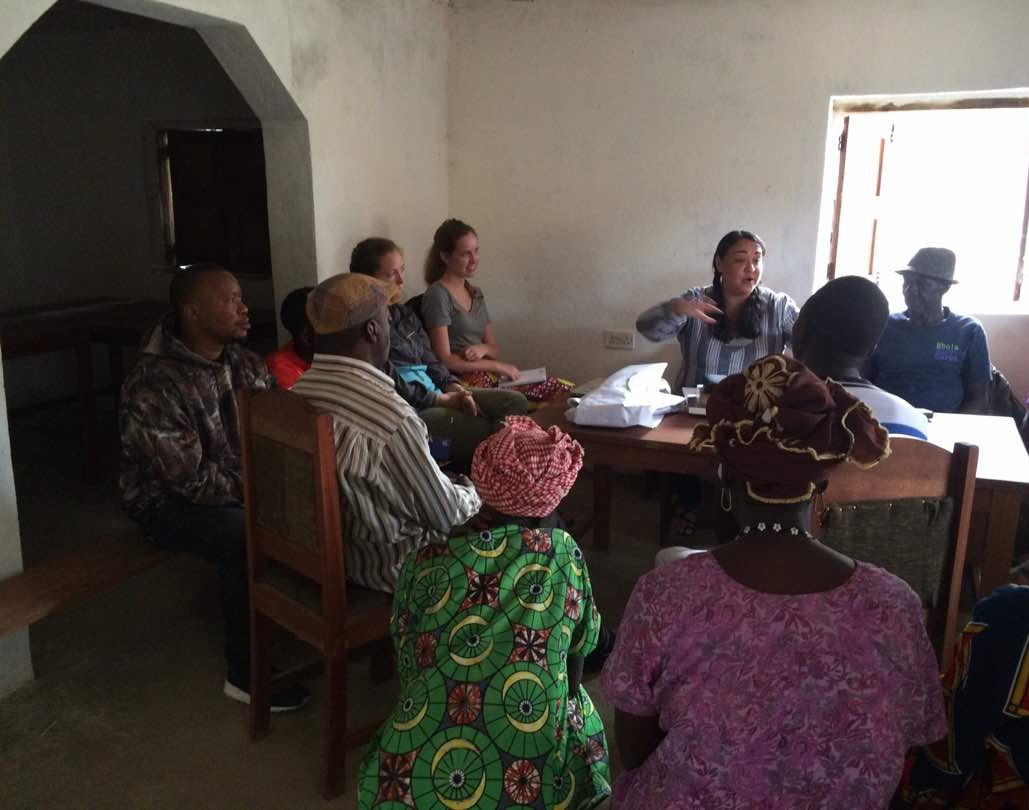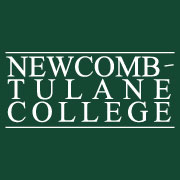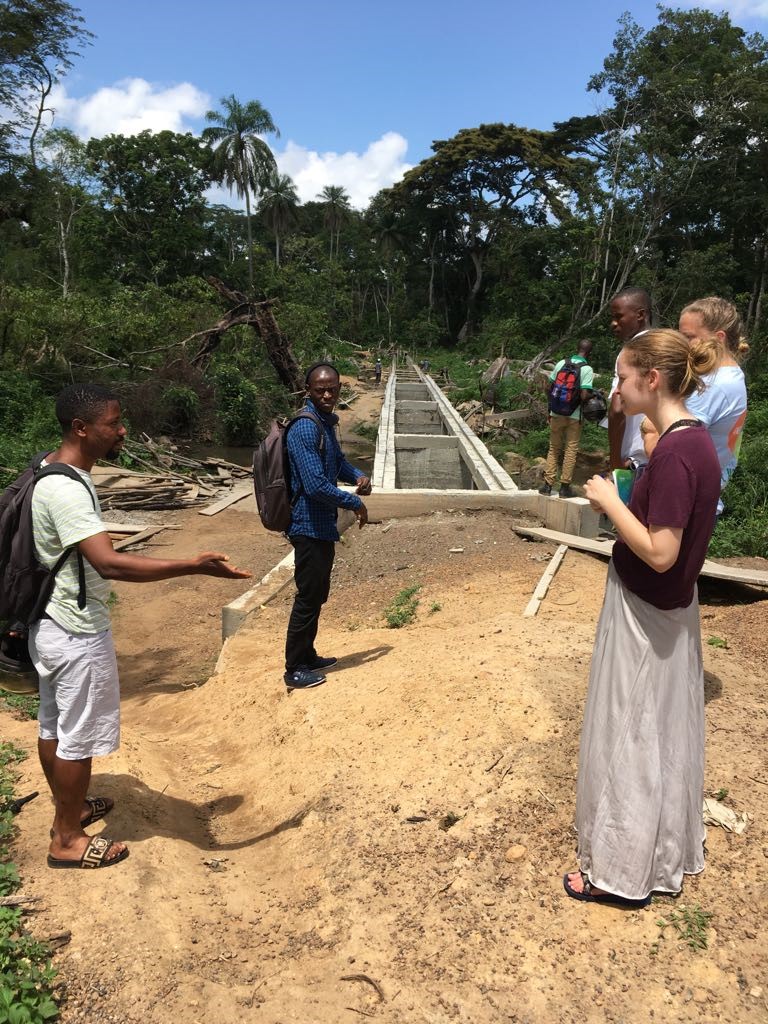Overview
I utilized my Dean’s Grant from Newcomb-Tulane College to go to Sierra Leone and complete a needs assessment for an organization called Ebola Survivor Corps. Dr. Lina Moses, Research Assistant Professor at Tulane University Department of Global Community Health and Behavioral Science, mentored me as I developed a research question, data collection tools, and method of analysis to determine the long-term impacts of Ebola Virus Disease (EVD) on survivors in Koinadugu District, Sierra Leone. I utilized the grant money to travel to Sierra Leone for the entirety of June, where I met with the Ebola survivors, established in-country connections, and assisted with data collection through focus groups, community mapping, and semi-structured interviews. I also designed a quantitative data collection tool consisting of validated surveys evaluating mental illness and disability. Currently, I am back in New Orleans and analyzing data to write a report to Ebola Survivor Corps with programming recommendations and an update on the status of their beneficiaries.
Grant Funding
I utilized the Newcomb-Tulane College grant funding to pay for my travel and hotel costs during my month-long field visit to Sierra Leone. Without the generous award, I would not have been able to collect my own data to analyze. I loved my project and I am now considering a career in international health and working to develop an honors thesis based on my research. My research advisor is interested in taking my surveys and dispersing them in other survivor groups in Sierra Leone, such as those in Kenema District. Additionally, I made connections that will undoubtedly assist me in my job search post-graduation. Receiving the Dean’s Grant allowed me to participate in an experience that changed my worldview and undoubtedly shaped my ideas for my future.
Field Experience
During my first two weeks in Sierra Leone, I met with major stakeholders and updated them on our activities. This included the District Health Management Team for Koinadugu, the district hospital staff, Ebola survivor organizations in other districts, and Survivor Health Advocates employed by Ebola Survivor Corps (ESC). The United States-based component of our fieldwork team, consisting of Dr. Moses, one of her Masters students, and I, was only a small portion of the people working on the assessment. The Sierra Leonean project manager of ESC, Sallieu Karim Sesay, was an integral part of the program and served as a valuable resource. He connected us to community members and ensured that our data collection was culturally appropriate. We also found a few interns at Njala University in Bo, Sierra Leone to assist with translation, transcription, and data collection. The first two weeks were primarily dedicated to making connections and creating a plan for data collection based on those experiences.
After the initial planning and introduction period, we went to Kumala, a village in the Koinadugu District that was central to the Ebola outbreak. Ebola Survivor Corps has their Sierra Leone headquarters in Kumala, and it served as a meeting place for survivors in the surrounding affected villages. We organized two days of focus groups and community mapping, with one located in Kumala and one in Bandakoro to ensure that the maximum amount of survivors were able to attend and make their voices heard. Between those days, we visited surrounding villages to interview Ebola survivors and evaluate the program by asking community members a set of questions to determine its impact. The remainder of the data collection, including surveys to assess mental health status, disability, and general demographic information, was left to the Njala University interns due to time constraints.
The data collection period was extremely helpful in determining how the program could help the survivors in the Koinadugu District. Once we established that we wanted to help build a long-lasting partnership, the Ebola survivors were very forthcoming with ideas. They wrote proposals for community projects, such as a clinic run by survivors. It gave us a wealth of information that we can tap into as we write our program evaluation and make suggestions for future plans.
Conclusion
With the help of the Newcomb-Tulane College Dean’s Grant, I was able to spend my summer doing fieldwork in Sierra Leone. It helped me apply public health concepts that I have learned about at Tulane while developing a number of valuable new skills and obtaining a greater worldview. I learned how to lead qualitative data collection through focus groups, semi-structured interviews, and community mapping. I participated in community activities wholeheartedly, such as pray day at the end of Ramadan. I also made countless connections in Sierra Leone that gave me a strong insight into the culture and a reason to return. Additionally, it helped me pinpoint my interests for upcoming post-graduate opportunities. After my trip to Sierra Leone, I had no doubts that I was passionate about international health.
Written by Jenna Bates, Dean’s Grant recipient, 2018



